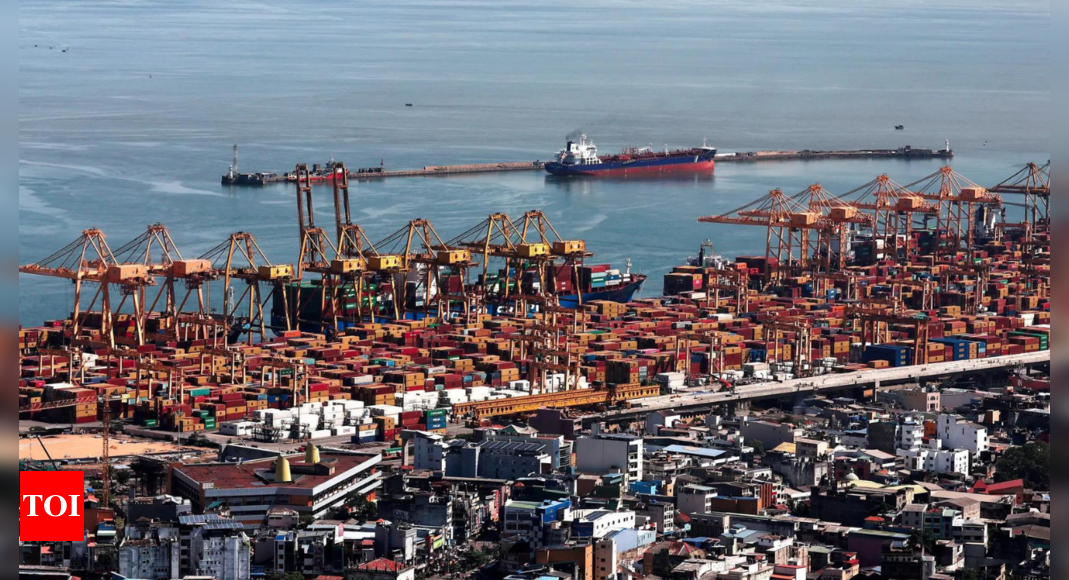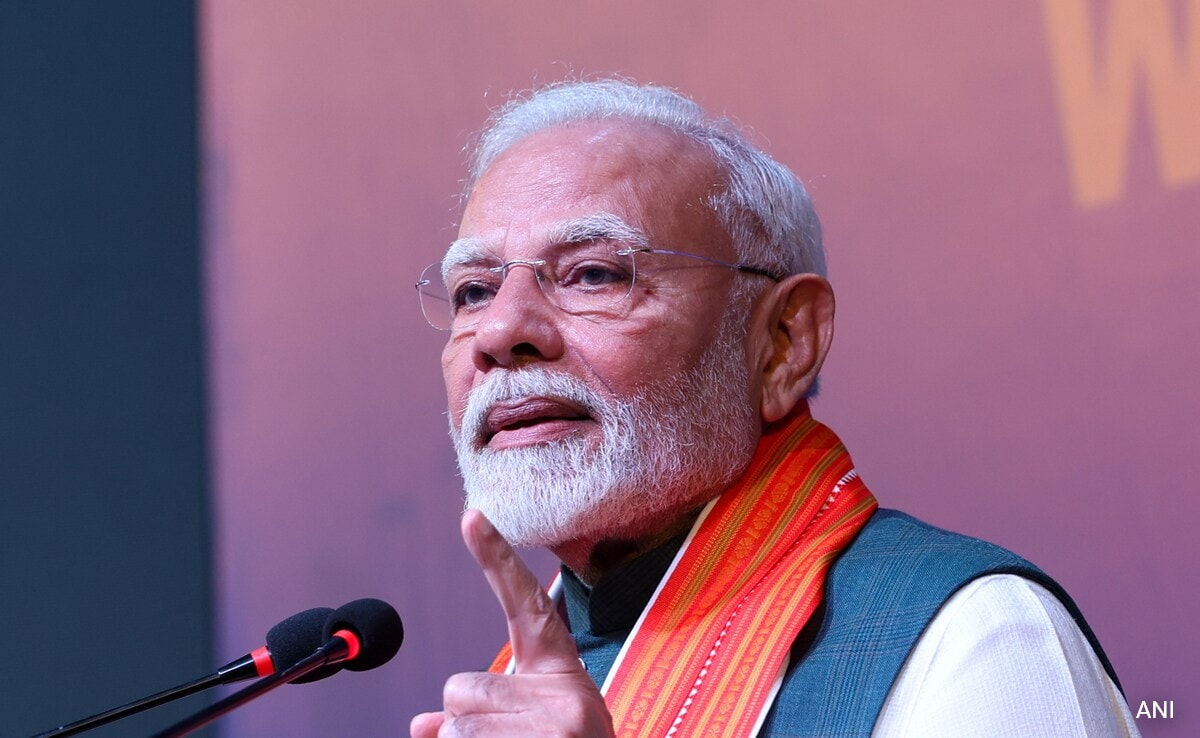
Sri Lanka has decided to lift the ban on foreign research ships visiting its ports starting next year. The ban was initially imposed due to security concerns raised by India and the US, particularly regarding the frequent docking requests from advanced Chinese surveillance vessels.
Foreign minister Ali Sabry conveyed this change during his visit to Japan, according to NHK World Japan.India had previously expressed concern about the increased movement of Chinese research vessels in the Indian Ocean, suspecting them to be spy ships, and urged Sri Lanka to restrict their access. In response, Sri Lanka implemented the ban in January, although it made an exception for a Chinese vessel earlier this year.
Sabry stated that Sri Lanka cannot have different rules for different countries and only block China, emphasizing that the country will not take sides in disputes between other nations. The moratorium will end in January next year, after which Sri Lanka will no longer ban foreign research ships from its ports.
Over the past 14 months, two Chinese spy ships were allowed to dock in Sri Lankan ports, one seeking replenishment and the other conducting research. The US had expressed concern before the arrival of the Chinese research ship Shi Yan 6 in October 2023, which docked at Colombo port for “geophysical scientific research” in collaboration with Sri Lanka’s National Aquatic Resources Research and Development Agency (NARA). In August 2022, the Chinese navy vessel Yuan Wang 5 docked at Hambantota in southern Sri Lanka for replenishment.
As a nation facing significant financial challenges, Sri Lanka views both India and China as important partners in restructuring its external debt. The country experienced an unprecedented financial crisis in 2022, the worst since its independence from Britain in 1948, due to a severe shortage of foreign exchange reserves.
Sabry also expressed gratitude for Japan’s plan to provide a ship equipped with sonar, which he said would give Sri Lanka “an opportunity to do its own survey and collect its own data, and commercially exploit it.” He highlighted the importance of research for Sri Lanka to tap into its untapped maritime resources, but stressed that it must be conducted transparently.
Located at a strategic point in the Indian Ocean, Sri Lanka is an important stop for marine traffic between Southeast Asia and West Asia, forming part of the global trade route.
Foreign minister Ali Sabry conveyed this change during his visit to Japan, according to NHK World Japan.India had previously expressed concern about the increased movement of Chinese research vessels in the Indian Ocean, suspecting them to be spy ships, and urged Sri Lanka to restrict their access. In response, Sri Lanka implemented the ban in January, although it made an exception for a Chinese vessel earlier this year.
Sabry stated that Sri Lanka cannot have different rules for different countries and only block China, emphasizing that the country will not take sides in disputes between other nations. The moratorium will end in January next year, after which Sri Lanka will no longer ban foreign research ships from its ports.
Over the past 14 months, two Chinese spy ships were allowed to dock in Sri Lankan ports, one seeking replenishment and the other conducting research. The US had expressed concern before the arrival of the Chinese research ship Shi Yan 6 in October 2023, which docked at Colombo port for “geophysical scientific research” in collaboration with Sri Lanka’s National Aquatic Resources Research and Development Agency (NARA). In August 2022, the Chinese navy vessel Yuan Wang 5 docked at Hambantota in southern Sri Lanka for replenishment.
As a nation facing significant financial challenges, Sri Lanka views both India and China as important partners in restructuring its external debt. The country experienced an unprecedented financial crisis in 2022, the worst since its independence from Britain in 1948, due to a severe shortage of foreign exchange reserves.
Sabry also expressed gratitude for Japan’s plan to provide a ship equipped with sonar, which he said would give Sri Lanka “an opportunity to do its own survey and collect its own data, and commercially exploit it.” He highlighted the importance of research for Sri Lanka to tap into its untapped maritime resources, but stressed that it must be conducted transparently.
Located at a strategic point in the Indian Ocean, Sri Lanka is an important stop for marine traffic between Southeast Asia and West Asia, forming part of the global trade route.







